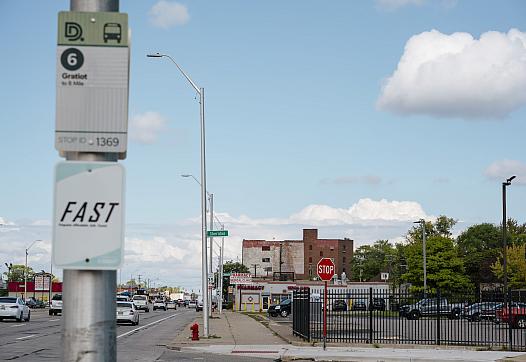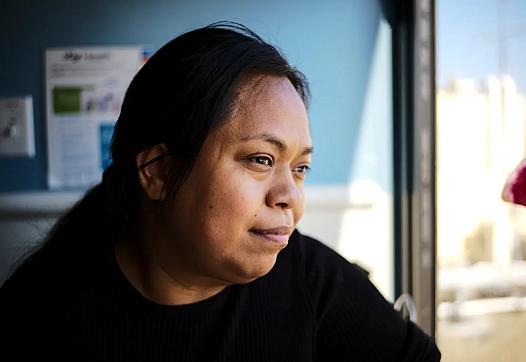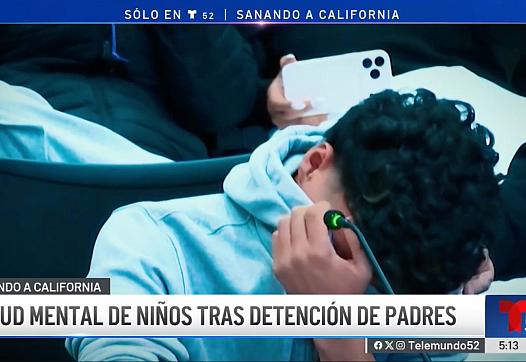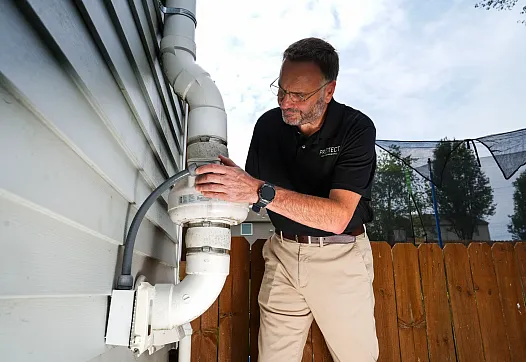
Without access to a car, transportation alternatives can be unaffordable or inconvenient.

Without access to a car, transportation alternatives can be unaffordable or inconvenient.

In Detroit, lack of transportation leaves patients vulnerable, but new initiatives aim to bridge the gap.

A son’s mission to transform his mom’s health turned into Peace Runners 773, a running and walking group around Garfield Park. It’s part of a broader effort to help people live longer.

Many families with unstable housing describe the process of qualifying for housing support ins San Francisco as opaque and emotionally exhausting.

Mental health experts are concerned about what these enforcement actions are doing to children.

This popular body-enhancement surgery can turn deadly. For women of color, the risks are made worse by intense beauty pressures and long-standing stereotypes.
The Dispatch’s “Invisible Killer” investigation finds radon exposure widespread in Ohio, with low awareness, weak protections for kids and renters, inconsistent testing, and major gaps in screening and policy.

After The Dispatch exposed Ohio’s radon failures, demand for free test kits surged so sharply the state ran out, highlighting gaps in renter protections and lagging radon policy.

After a Dispatch investigation, Ohio health officials and the governor signal openness to expanding radon testing in schools, despite lawmakers previously rejecting funding and uneven protections statewide.

After exposing Ohio’s long-standing radon policy failures, reporters will answer reader questions in a live Reddit AMA about health risks and accountability.